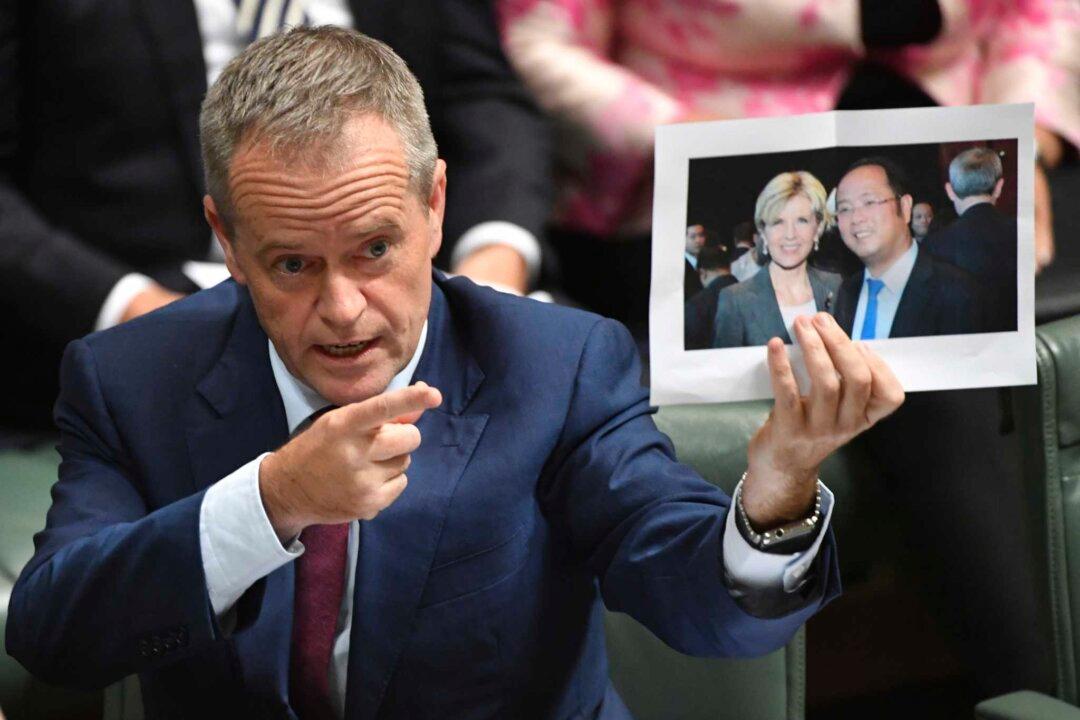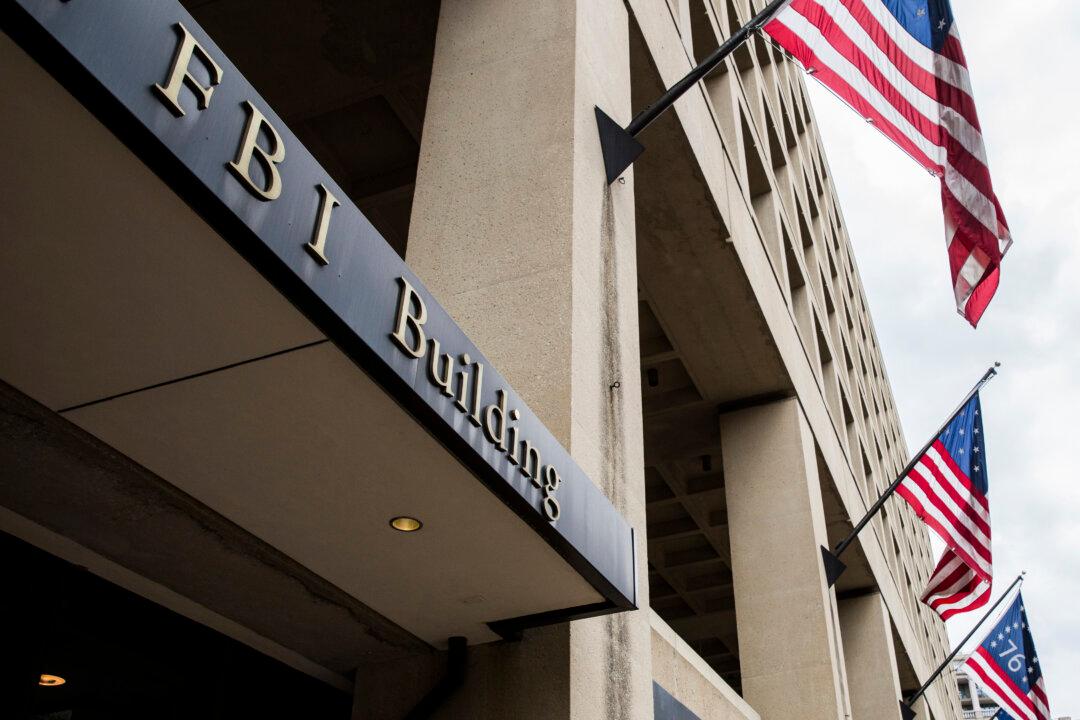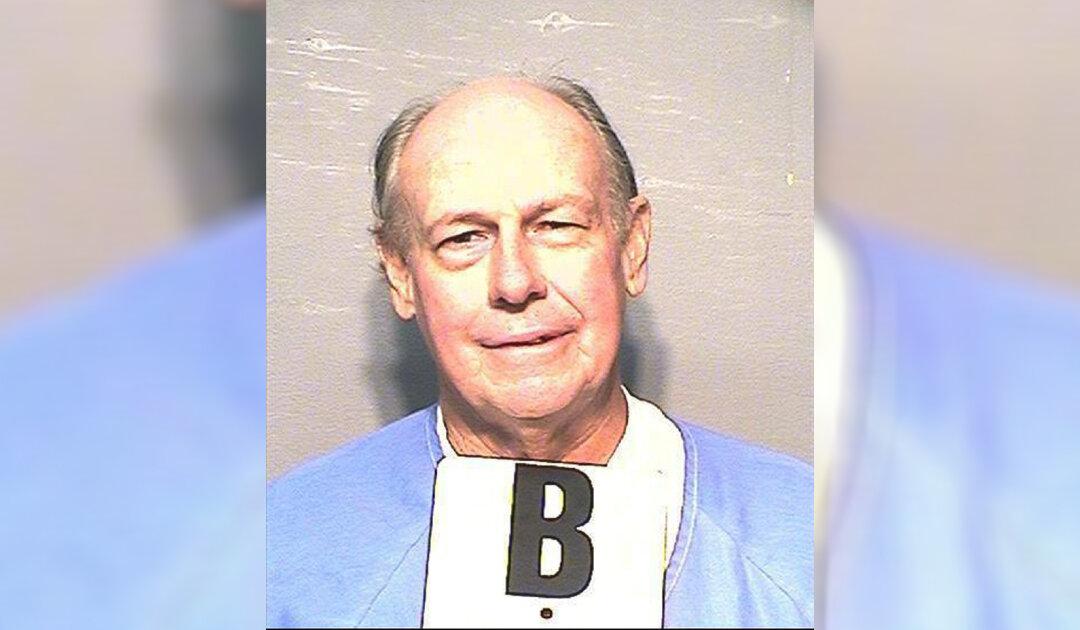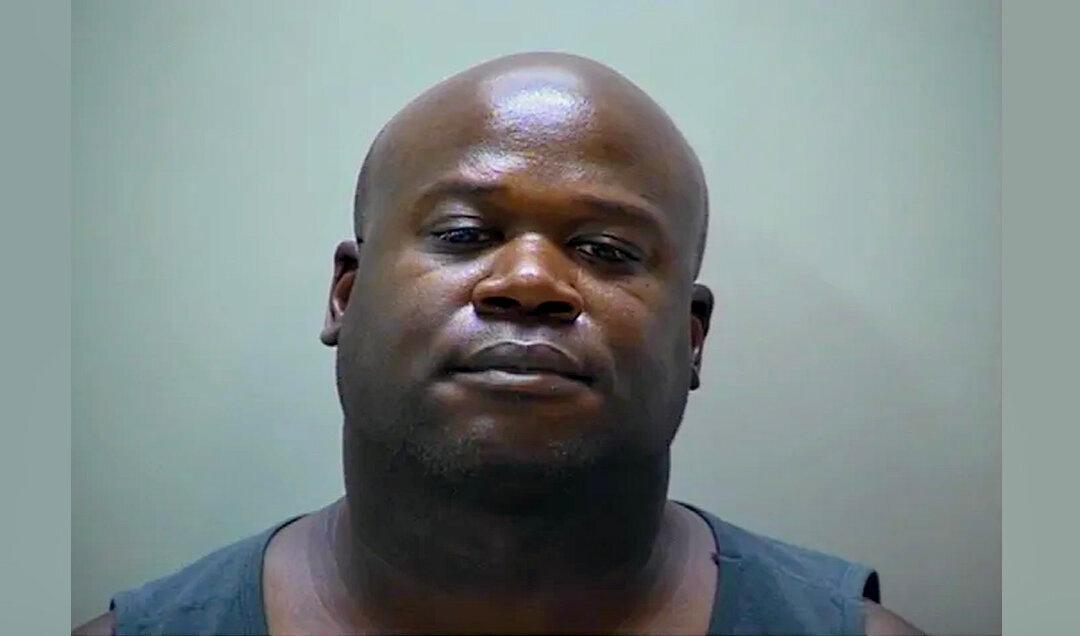A group of Australian Chinese have released a statement voicing their support for the government’s decision to strip Chinese billionaire Huang Xiangmo of his permanent residency visa, contradicting an open letter signed by over 100 ethnic Chinese community groups that purported to represent the Chinese-Australian community’s views at large.
Over the weekend, several state-controlled Chinese media outlets operating in Australia published an open letter signed by 128 Chinese community organisations demanding that Huang’s residency be reinstated.





